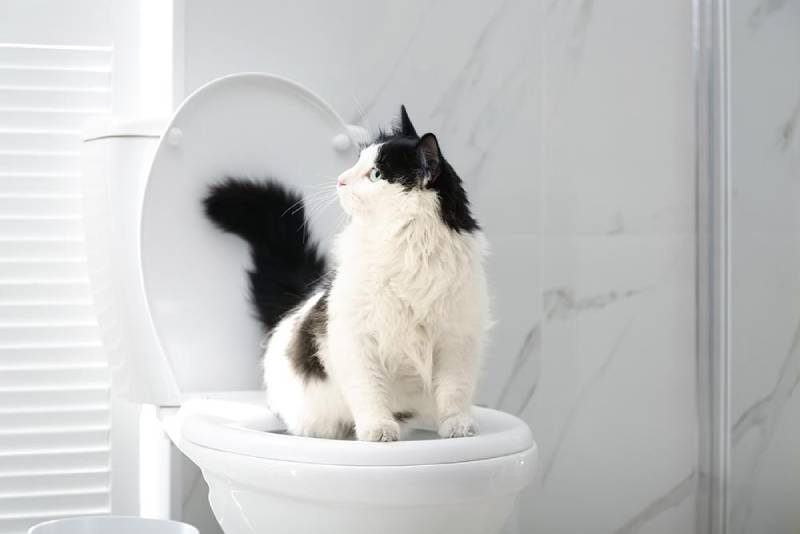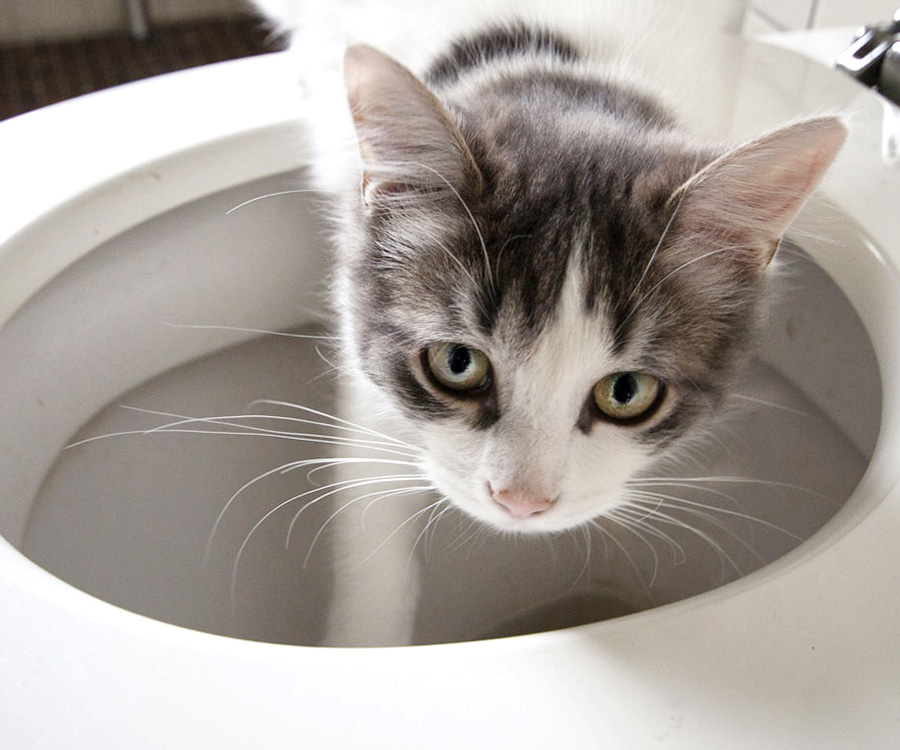Reasons You Must Never Flush Cat Poop Down Your Toilet - Critical Facts
Reasons You Must Never Flush Cat Poop Down Your Toilet - Critical Facts
Blog Article
On this page down the page you can find lots of exceptional help and advice regarding Can You Flush Cat Poop Down The Toilet?.

Intro
As cat proprietors, it's important to bear in mind just how we throw away our feline close friends' waste. While it might appear convenient to flush feline poop down the bathroom, this practice can have damaging effects for both the setting and human wellness.
Ecological Impact
Flushing cat poop introduces damaging microorganisms and bloodsuckers into the supply of water, presenting a considerable danger to water environments. These impurities can negatively impact marine life and compromise water high quality.
Health Risks
In addition to environmental concerns, purging pet cat waste can additionally present health and wellness dangers to humans. Cat feces may contain Toxoplasma gondii, a bloodsucker that can create toxoplasmosis-- a possibly serious health problem, particularly for pregnant ladies and people with damaged body immune systems.
Alternatives to Flushing
The good news is, there are safer and more accountable methods to get rid of feline poop. Consider the following choices:
1. Scoop and Dispose in Trash
One of the most typical method of disposing of pet cat poop is to scoop it into a biodegradable bag and toss it in the garbage. Make sure to use a committed trash scoop and dispose of the waste without delay.
2. Use Biodegradable Litter
Opt for eco-friendly cat clutter made from materials such as corn or wheat. These litters are eco-friendly and can be safely disposed of in the trash.
3. Hide in the Yard
If you have a yard, take into consideration burying feline waste in a designated location away from veggie gardens and water sources. Make certain to dig deep sufficient to stop contamination of groundwater.
4. Install a Pet Waste Disposal System
Purchase an animal garbage disposal system particularly designed for cat waste. These systems use enzymes to break down the waste, decreasing odor and ecological effect.
Conclusion
Responsible family pet ownership extends beyond providing food and shelter-- it also entails proper waste administration. By avoiding flushing feline poop down the commode and choosing different disposal methods, we can reduce our environmental impact and shield human health and wellness.
Why Can’t I Flush Cat Poop?
It Spreads a Parasite
Cats are frequently infected with a parasite called toxoplasma gondii. The parasite causes an infection called toxoplasmosis. It is usually harmless to cats. The parasite only uses cat poop as a host for its eggs. Otherwise, the cat’s immune system usually keeps the infection at low enough levels to maintain its own health. But it does not stop the develop of eggs. These eggs are tiny and surprisingly tough. They may survive for a year before they begin to grow. But that’s the problem.
Our wastewater system is not designed to deal with toxoplasmosis eggs. Instead, most eggs will flush from your toilet into sewers and wastewater management plants. After the sewage is treated for many other harmful things in it, it is typically released into local rivers, lakes, or oceans. Here, the toxoplasmosis eggs can find new hosts, including starfish, crabs, otters, and many other wildlife. For many, this is a significant risk to their health. Toxoplasmosis can also end up infecting water sources that are important for agriculture, which means our deer, pigs, and sheep can get infected too.
Is There Risk to Humans?
There can be a risk to human life from flushing cat poop down the toilet. If you do so, the parasites from your cat’s poop can end up in shellfish, game animals, or livestock. If this meat is then served raw or undercooked, the people who eat it can get sick.
In fact, according to the CDC, 40 million people in the United States are infected with toxoplasma gondii. They get it from exposure to infected seafood, or from some kind of cat poop contamination, like drinking from a stream that is contaminated or touching anything that has come into contact with cat poop. That includes just cleaning a cat litter box.
Most people who get infected with these parasites will not develop any symptoms. However, for pregnant women or for those with compromised immune systems, the parasite can cause severe health problems.
How to Handle Cat Poop
The best way to handle cat poop is actually to clean the box more often. The eggs that the parasite sheds will not become active until one to five days after the cat poops. That means that if you clean daily, you’re much less likely to come into direct contact with infectious eggs.
That said, always dispose of cat poop in the garbage and not down the toilet. Wash your hands before and after you clean the litter box, and bring the bag of poop right outside to your garbage bins.
https://trenchlesssolutionsusa.com/why-cant-i-flush-cat-poop/

I'm very focused on Can You Flush Cat Poop Down The Toilet? and I really hope you enjoyed the new blog entry. Are you aware of another individual who is interested by the subject? Why not promote it. Many thanks for taking the time to read it.
Go Company Report this page